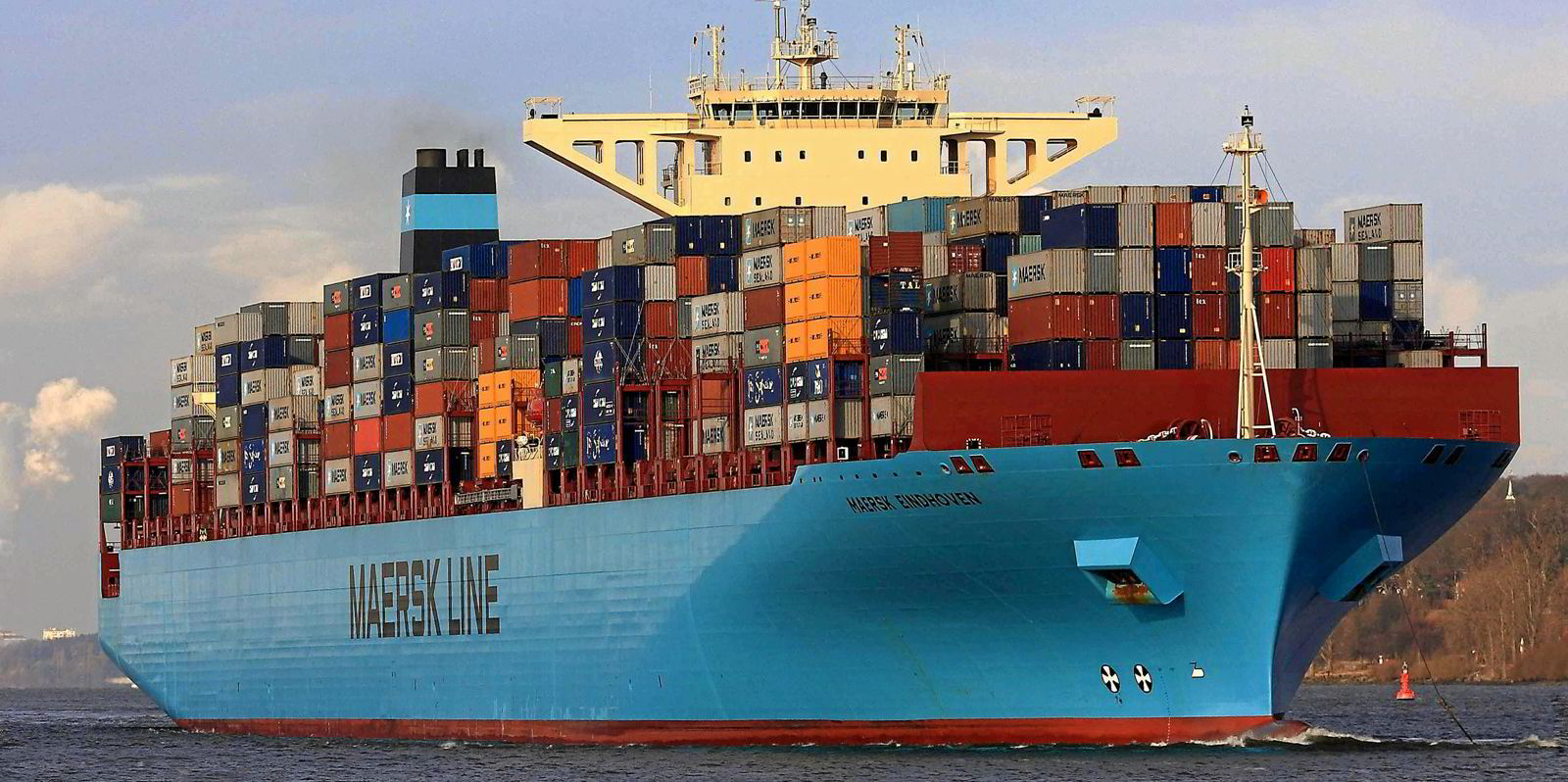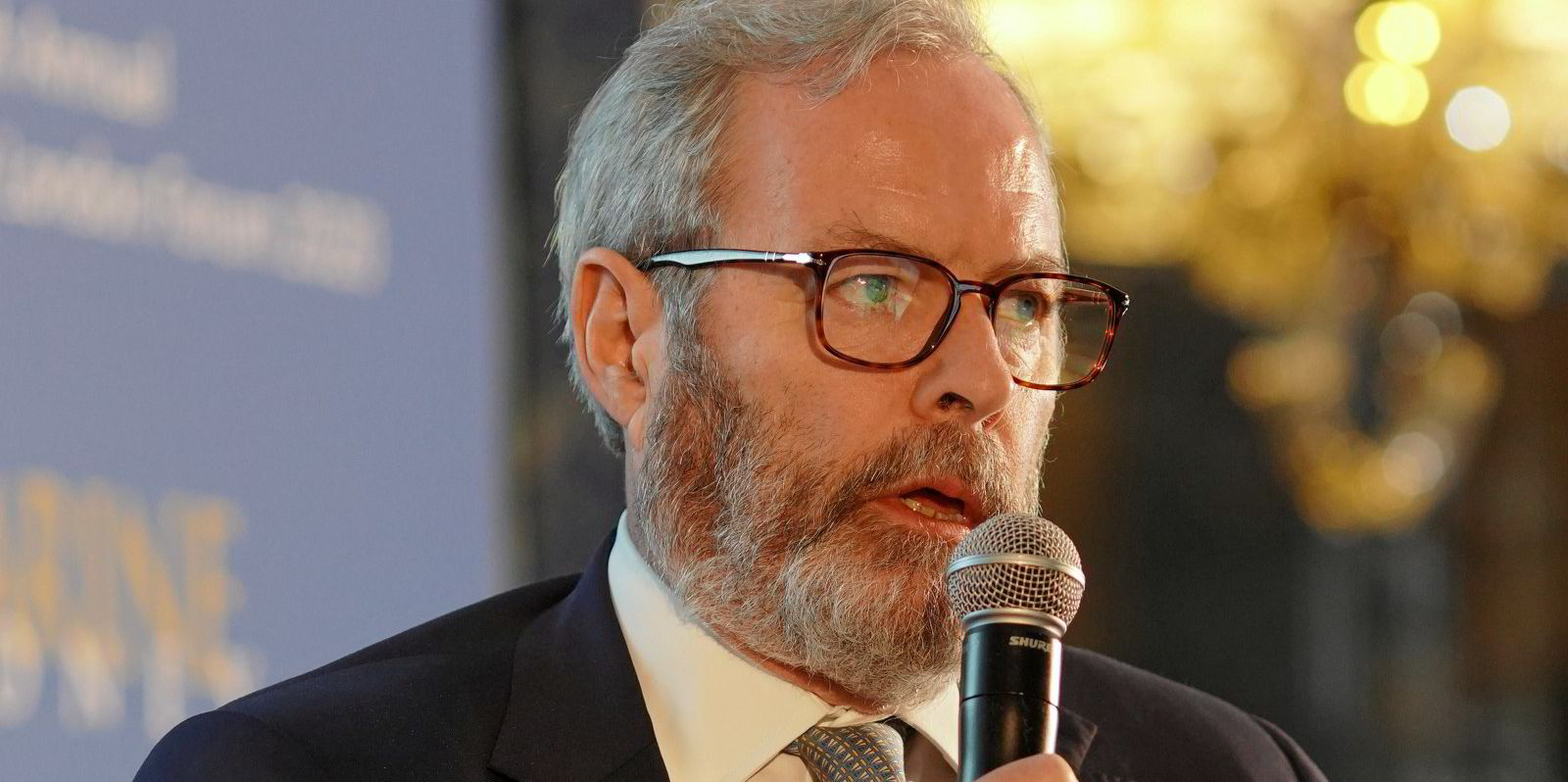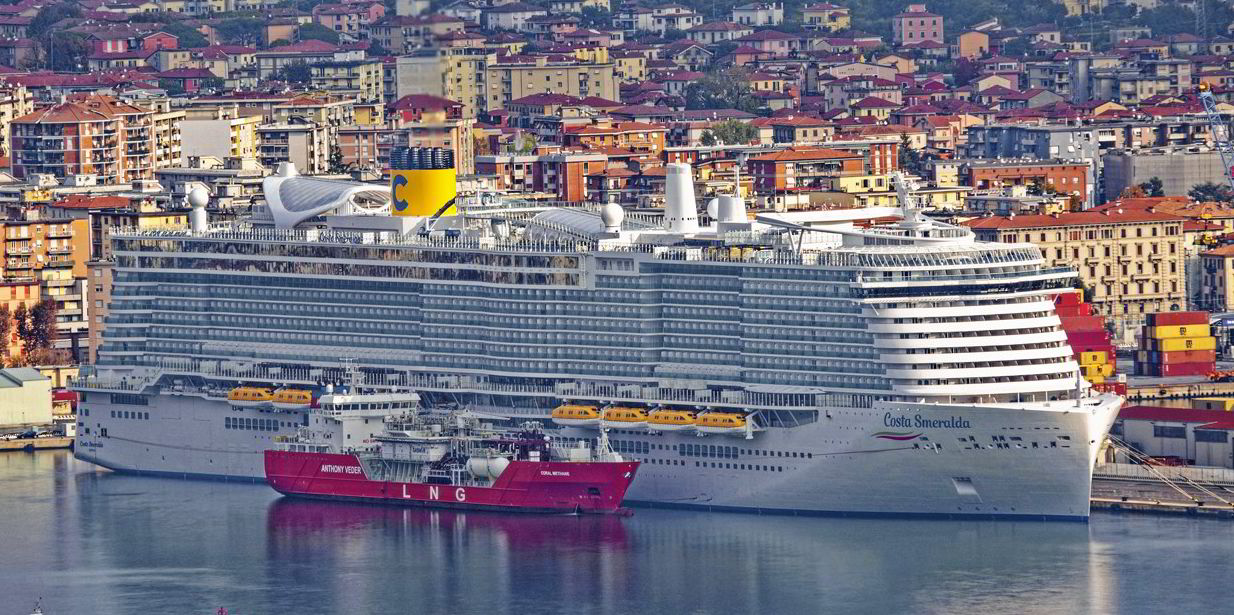To talk about shipping and ESG — environmental, social and governance factors as they relate to business and finance — is to talk about the “E”.
More than the other two factors, environmental issues tend to be the focus when ESG comes up in shipping circles.
Because, unlike the “S” and the “G”, the “E” has incentives behind it as a worldwide emphasis on climate change has pushed regulations in the form of the International Maritime Organization’s carbon emission targets, giving the industry’s business partners a way to push change.
And nothing changes in shipping without incentives.
“The environmental portion of the term ESG has taken centre stage, it’s true — probably rightfully so,” said Paul Taylor, head of shipping and offshore at Societe Generale and member of the Poseidon Principles steering committee.
“It’s consistent with the demands of wider society.”
Regulation sets agenda
Even within the narrow environmental focus of shipping’s ESG conversation, the Poseidon Principles’ aims are a large point of discussion.
The principles, a framework for shipping lenders to report the emissions from their portfolios in an effort to bring transparency and support the IMO’s green efforts, was launched in late 2019.
It now counts 24 lenders as signatories.
In its first annual report, released last December, 15 signatories disclosed their portfolio’s alignment with the IMO’s greenhouse gas emissions strategy.
Three were aligned — with one, Export Credit Norway, already well aligned, although with only a few of its financed ships qualifying — while 12 were not.
Poseidon Principles steering committee chairman Michael Parker, Citi’s head of global shipping, logistics and offshore, said the Poseidon Principles and ESG are “inextricably” linked and a “great example of how a voluntary initiative is so powerful”.
He and Taylor said the IMO, in its unique role as the global regulator for a major industry, needs to set priorities that the industry must meet.
George Paleokrassas, global maritime sector co-head at law firm Watson Farley & Williams (WFW), agreed.
“Very clearly, the industry as a whole ... are saying this is the IMO’s job. We need to take the lead from the IMO,” he said.
WFW’s report on ESG, entitled The Sustainability Imperative, found that almost one-third of the shipowners polled said ESG “barely influences” their investment decisions, while it plays a role in 90% of financiers’ decisions.
Paleokrassas said shipowners might feel insulated from pressure, as shipping is away from the public eye and unlikely to attract the sort of questions posed to companies such as Amazon and Google.

But big companies like these have contact with the industry, he pointed out, and would probably seek to pressure shipowners.
“On one hand, you’ve got the regulations; on the other hand, you’ve got the capital providers applying pressure [on shipowners],” Paleokrassas said.
“I also think the majors, whether it’s oil majors or major charterers, will influence this as well.
“If you look at the oil majors, they are all trying to sell and rebrand themselves as green companies. I cannot believe that over time … these companies are going to want to trade with people who do not share the same ethos, values and green credentials.”
Taylor and Parker said the Poseidon Principles has long considered ship scrapping a topic that the group could examine, as it has a regulatory framework in the Hong Kong International Convention for the Safe and Environmentally Sound Recycling of Ships, which is yet to be ratified.
The convention, conceived in 2009, has the requisite number of national signatories, but more are needed to meet gross tonnage and recycling tonnage requirements.
Trickier issues
Once the Hong Kong Convention is in effect, the group could tackle an issue that would fall into the social bucket in ESG.
Other social issues could be tricky, Taylor and Parker warned. Some could be construed as political matters that financial institutions would prefer to stay away from.
Still, they factor into individual signatories’ lending decisions, Parker said, even if there is not the same sort of Poseidon Principles-style push behind them.
“The ‘S’ and the ‘G’ are very important already,” he added. “They’re standing alongside climate alignment in the credit process. These are part of our due diligence already.”









